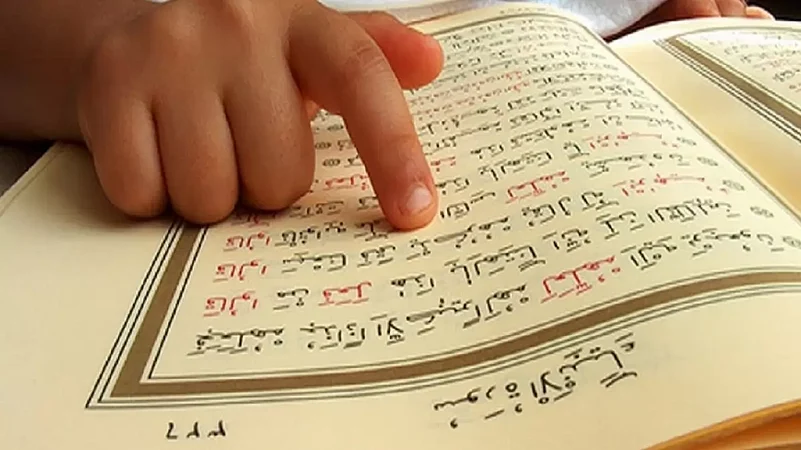A top Pakistani court here on Friday dismissed a petition that sought to make it compulsory the inclusion of the holy Quran with translation in the syllabus of primary to college level education.
The Sindh High Court in its verdict dismissed the petition on the grounds that faith is a personal matter of an individual and the court cannot interfere.
It said no changes can be made to the education syllabus if fundamental rights are violated.
The High court also observed that the Constitution has created a balance among the roles of three pillars of power -- Judiciary, Legislature, and Administration.
The court also noted that Article 20 of the Constitution provides religious freedom to citizens and makes it mandatory for the state not to interfere in the religious matters of individuals.
In its verdict, the court further said that the Constitution of Pakistan gives a guarantee to an individual to exercise his fundamental rights without the government interfering unless he breaks a law.
Advocate Imtiaz Ali, who appeared for the petitioner, argued that the holy Quran education should be made compulsory in the Sindh province as Pakistan was an Islamic state created for Muslims.
Presently students in primary and secondary levels are required to study Islamic studies as a subject but non-Muslims can opt for an optional subject.


























